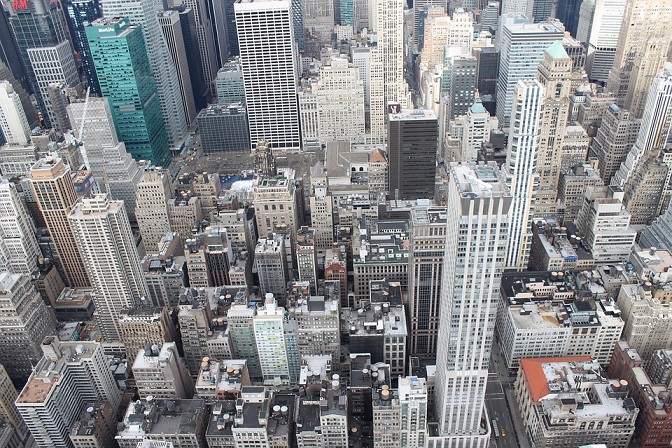 Resilience is the property of a material to absorb energy when it is deformed elastically and then, upon unloading to have this energy recovered. In other words, it is the maximum energy per unit volume that can be elastically stored. It is represented by the area under the curve in the elastic region in the stress-strain curve.” Wikipedia
Resilience is the property of a material to absorb energy when it is deformed elastically and then, upon unloading to have this energy recovered. In other words, it is the maximum energy per unit volume that can be elastically stored. It is represented by the area under the curve in the elastic region in the stress-strain curve.” Wikipedia
Resilience is being used here as an umbrella term for the planning and design strategies required of cities in order to meet future challenges, specifically as regards the impact of climate change and energy scarcity. The way the term is being used in this instance has its origins in the science of ecology; in ecology, resilience means the capacity of an ecosystem to tolerate disturbance without collapsing into a qualitatively different state.
Today’s cities are incapable of standing up to future shocks and stresses that they will face as a result of a warming climate, energy scarcity and global population growth. Most cities are old and were built decades if not centuries ago when global warming and climate change had never been heard of and are now sitting with inadequate resources and urban infrastructure systems.
Everything about our cities at the moment is energy intensive, including public and private transportation, and the production of materials to build them, food supplies, and economies. It is time that we step away from using fossil fuels and find ways to become more self-sufficient and energy efficient.
A Resilient City is one that has developed capacities to help absorb future shocks and stresses to its social, economic, and technical systems and infrastructures so as to still be able to maintain essentially the same functions, structures, systems, and identity.
Better urban planning and building design strategies will enable resilient cities to respond and adapt to future social, economic, and physical stresses as a result of increasing water scarcity, climate change, increasing energy scarcity, and population explosion. This must include the capacity to design cities in such a manner that highly energy-intensive urban economic systems are transformed into less energy-intensive and much less carbon-intensive ones.
If this is not done, with haste, we will continue to see regions that struggle and end up in warzones due to lack of drinking water after sustained flooding or drought; we will continue to see billions of innocents die from lack of potable drinking water and hygienic sanitation, and we will continue to waste the drinking water resources that we have at our disposal.
Purchase water coolers online and rent watercooler from Living-Water for your home or business. Get bottled water cooler and watercooler in London.





